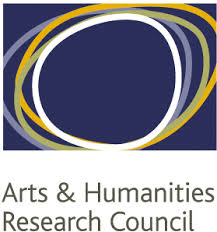
In May of 2014 Aaron Quigley of SACHI, Victor M. R. Penichet of the Interactive Systems Everywhere research group (ISE), University of Castilla-La Mancha, Spain and Harald Reiterer of the HCI Lab in the University of Konstanz, Germany are organising AVID’14 an AVI 2014 workshop on roadmapping advanced visual interface display ecosystems. Victor and Harald were both visitors to SACHI in 2013 and each has a long track record in display ecosystem research and in leading workshops, symposia, Dagsthul seminars, grants and other activities in the field.
The website for the workshop is: http://avid2014.iseresearch.com/ and position papers are due in one month, on March 12th, 2014.
Advanced visual interface display ecosystems are physical environments, rooms or ad-hoc settings for co-located collaborative work that are augmented or supplemented with ubiquitous computing technology. However, there are significant challenges in the research, design, development and deployment of these types of ecosystem. The purpose of this research road-mapping workshop is threefold. Firstly, we will consolidate information, technical details and research directions from the diverse range of academic and industrial projects currently available. Secondly, based on visions of future ecosystems we will identify gaps in the current state of the art. And thirdly, we will identify new areas of research which require funding and support along with new areas for collaboration outside the field.
The aim of this workshop is to bring together researchers and practitioners who are avid to contribute to and aid in the development of a research roadmap. This roadmap can be used to inform, influence and disseminate ideas to funders, the wider research community and the general public. Based on submitted position papers and existing research it will describe the current baseline of display ecosystems and what research gaps need to be filled to allow us to achieve our research and developments ambitions.








